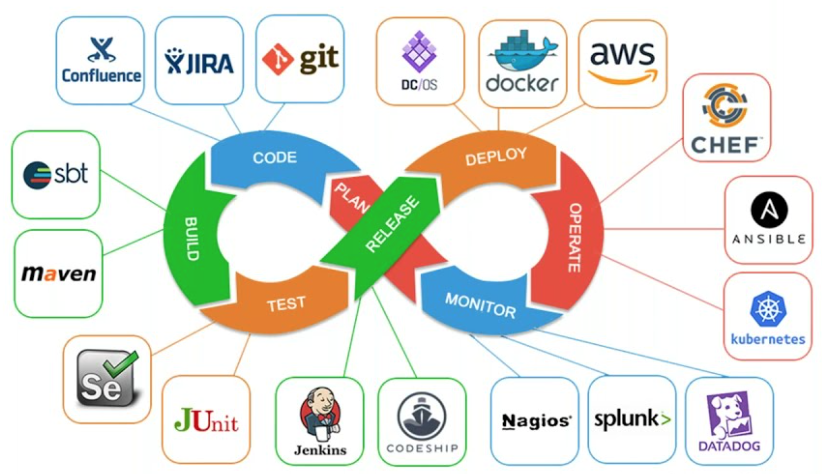Startups are often faced with the daunting task of going from concept to market with limited resources. The key to success lies in agile development practices, and DevOps is the key to enabling these practices. DevOps is becoming increasingly popular among startups, as it helps them employ continuous delivery, optimize their product development processes, and rapidly respond to changes. In this article, we’ll discuss how startups can use DevOps for fast time-to-market, and do it on a shoestring budget.
1. Start Small, Dream Big–Empowering Startups with DevOps
DevOps is the combination of development and operations working together to create an automated, agile environment that enables faster and more efficient product delivery. By implementing DevOps, startups can create a reliable, secure, and automated platform that can quickly adapt to the ever-changing business landscape. DevOps can also help startups adopt cloud-native technologies to enable faster development cycles and reduce operational costs.
DevOps also helps startups gain a competitive edge in the market, by enabling them to rapidly develop, test, and deploy high-quality products with minimal effort. With DevOps, startups can quickly move from idea to implementation, and quickly respond to customer feedback and market trends.
2. Unlocking Continuous Delivery on a Budget
Continuous delivery (CD) is a key component of DevOps, and it is the process of continuously delivering small, frequent changes to a product quickly and reliably. CD enables startups to rapidly respond to customer feedback and quickly introduce new features and services. It also helps startups address bugs and security issues faster, reducing the risk of any downtime.
Fortunately, CD is not an expensive process to implement. Startups can leverage open source and low-cost cloud technologies to get started quickly. Additionally, they can use DevOps automation tools to reduce the time and effort associated with traditional development and deployment processes.
3. Step-by-Step Guide to Optimizing DevOps
DevOps implementation can be a daunting task, but it doesn’t have to be. Here are some tips to help startups get started:
- Establish a DevOps culture – Encourage collaboration and experimentation by creating a DevOps team and providing training to your team members;
- Automate workflows – Automate manual processes, such as deployment and testing, to reduce time and effort and improve accuracy;
- Use cloud services – Leverage cloud services to reduce infrastructure costs and quickly scale up services;
- Monitor performance – Monitor performance metrics, such as uptime, response time, and resource usage, to quickly identify and address any issues.
4. Reap the Rewards of an Agile Startup Culture
Implementing DevOps can help startups achieve faster time-to-market and reduce operational costs. It also enables them to deploy reliable and secure products, quickly respond to customer feedback, and reduce the risk of any downtime. Adopting DevOps also helps create an agile startup culture, where teams are empowered to experiment, collaborate, and quickly adapt to changing market conditions.
In summary, DevOps is an essential tool for startups that want to achieve fast time-to-market, reduce operational costs, and stay competitive in the market. By leveraging DevOps, startups can create an agile culture that enables continuous delivery on a shoestring budget. With these tools, startups can quickly go from concept to market, and achieve success.



